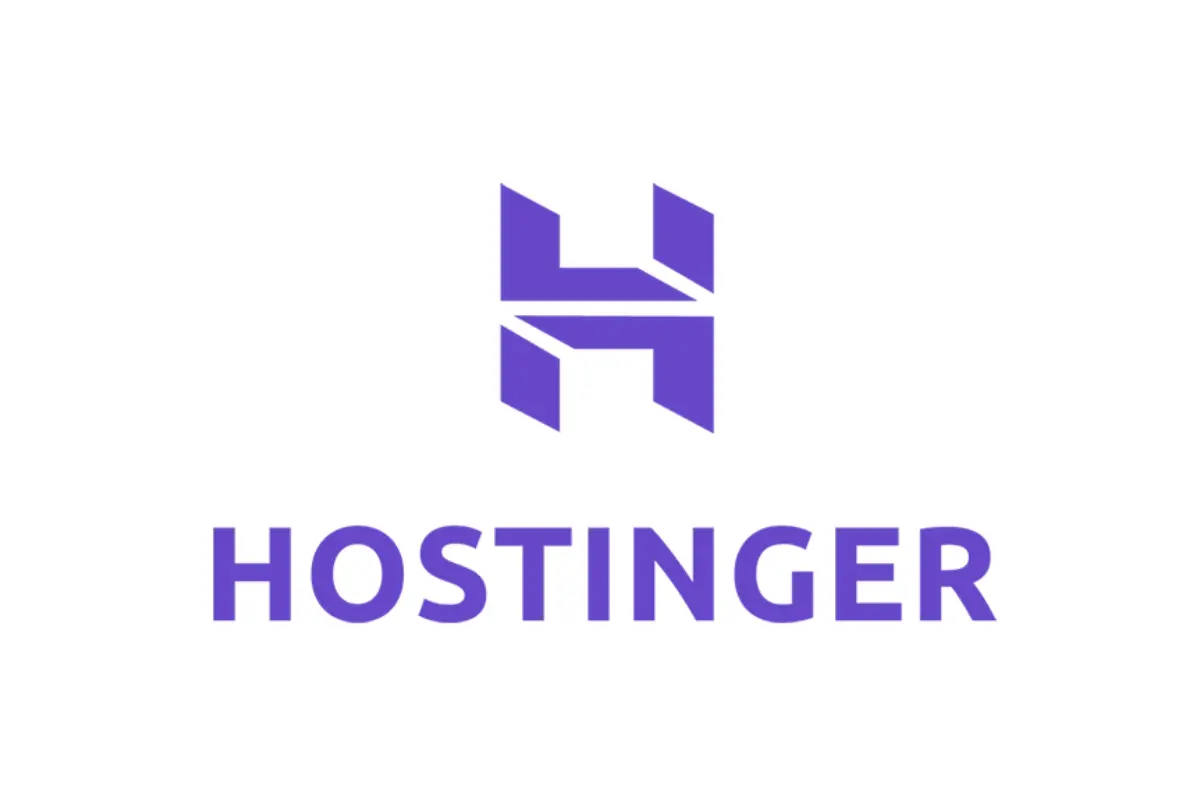Components of OFF-Page SEO: A Comprehensive Guide

Optimising a website for search engines is critical for online success. While most people are familiar with on-page SEO, where you focus on optimising the content and structure of your website, off-page SEO is equally important. But what exactly is off-page SEO, and why should you care about it?
Off-page SEO refers to the actions you take outside of your website to improve its ranking on search engine result pages (SERPs). It is all about building your website’s authority, trustworthiness, and relevance in the eyes of search engines like Google, and it involves several components. In this article, we will explore the key components of off-page SEO.
1. Backlinks
Backlinks are perhaps the most important element of off-page SEO. A backlink is when another website links to your site. Search engines like Google see backlinks as a vote of confidence for your website’s content. The more high-quality backlinks you have from reputable websites, the higher your site is likely to rank.
Types of Backlinks:
- Natural backlinks: These are links that other websites give you without you asking for them. They happen organically when people find your content useful.
- Manual backlinks: These are links you acquire by reaching out to other website owners, bloggers, or influencers and asking them to link to your website.
- Self-created backlinks: These are links you create yourself by submitting your site to directories, posting in forums, or adding comments with a link back to your site. However, search engines may penalise you if these links look unnatural or spammy.
Best Practices for Backlinks
- Focus on quality, not just quantity. A few backlinks from high-authority websites are more valuable than hundreds of low-quality links.
- Aim to get backlinks from websites relevant to your niche or industry.
- Avoid paid or spammy links, as search engines may penalise your site for trying to manipulate rankings.
2. Social Media Marketing
Social media platforms are another powerful component of off-page SEO. When you share your content on platforms like Facebook, Twitter, Instagram, or LinkedIn, you increase the chances of getting backlinks, boosting traffic, and improving your website’s visibility.
How Social Media Impacts SEO:
- Brand awareness: Sharing your content regularly on social media helps build your brand’s presence, which can attract more visitors to your site.
- Increased traffic: The more people engage with your social media posts, the more traffic you are likely to receive, which signals to search engines that your site is popular.
- Potential backlinks: If your content goes viral or gains attention, other websites may link to it, giving you valuable backlinks.
Best Practices for Social Media Marketing:
- Share valuable and engaging content that encourages people to like, share, or comment.
- Be active on the platforms where your target audience spends the most time.
- Consistently engage with your audience by responding to comments, questions, and messages.
3. Guest Blogging
Guest blogging involves writing articles or blog posts for other websites in your industry. In return, you typically get a backlink to your website, which can improve your SEO rankings.
Benefits of Guest Blogging:
- Backlinks: By contributing content to another website, you can earn valuable backlinks to your own site.
- Credibility: Guest blogging helps you build authority and credibility in your niche, especially if you are contributing to well-respected websites.
- Referral traffic: When readers find your guest posts helpful, they are more likely to visit your website, giving you more traffic.
Best Practices for Guest Blogging:
- Only write for reputable websites that are relevant to your industry.
- Avoid guest blogging for websites that are solely focused on selling backlinks or are not credible.
- Always provide high-quality, valuable content to build relationships with other website owners.
4. Influencer Outreach
Influencer outreach is another important aspect of off-page SEO. It involves partnering with influencers in your industry who can promote your website, product, or content to their followers. This not only increases your visibility but also helps in gaining backlinks from the influencer’s website or social media platforms.
Why Influencer Outreach Matters:
- Brand exposure: Influencers can introduce your brand to their audience, increasing your visibility.
- Backlinks: If an influencer mentions your website or shares your content, it can result in valuable backlinks.
- Traffic: Influencers have loyal followings, and when they promote your content, you are likely to see an increase in traffic.
Best Practices for Influencer Outreach:
- Choose influencers who have a following that aligns with your target audience.
- Offer something of value, like useful content, a partnership opportunity, or a product to review.
- Build genuine relationships with influencers rather than seeing them just as a marketing tool.
5. Forum Participation
Participating in online forums, especially those relevant to your niche, can be an excellent way to drive traffic to your website and improve your off-page SEO. When done correctly, this also leads to backlinks and establishes your authority in a particular industry.
How Forum Participation Works:
- Answering questions and providing valuable insights on forums like Reddit, Quora, or niche-specific communities can help establish you as an expert.
- Most forums allow you to include a link back to your website in your profile or posts, which can drive traffic and sometimes even provide backlinks.
Best Practices for Forum Participation:
- Be helpful and answer questions thoughtfully; don’t just post links to your site.
- Avoid spammy behavior, as forums often have strict rules against self-promotion.
- Focus on forums that are relevant to your industry or niche to attract the right audience.
6. Directory Submissions
Directory submissions are another way to improve your off-page SEO. Submitting your website to various online directories can help increase your website’s visibility and provide backlinks.
Types of Directories:
- General directories: Websites like Yelp or Yellow Pages that cater to a wide range of industries.
- Niche directories: Directories focused on specific industries or topics, such as TripAdvisor for travel or Houzz for home improvement.
Best Practices for Directory Submissions:
- Focus on directories that are relevant to your industry or niche.
- Avoid low-quality directories, as they can hurt your SEO instead of helping it.
- Make sure your business information is consistent across all directories to avoid confusion.
7. Content Marketing
Content marketing isn’t limited to your own website. Sharing your content across various platforms, such as article directories, video-sharing sites (like YouTube), and document-sharing platforms (like SlideShare), can help spread the word about your website and earn backlinks.
How Content Marketing Boosts Off-Page SEO:
- By sharing content on multiple platforms, you increase the chances of getting backlinks from other websites that find your content useful.
- Content marketing helps establish you as an authority in your niche, which can result in more people linking to your site.
Best Practices for Content Marketing:
- Repurpose your content for different platforms. For example, turn a blog post into a video or infographic.
- Ensure your content is valuable and engaging to increase the chances of it being shared.
- Use the right platforms where your audience is most active, such as video platforms for visual learners or blogs for readers.
8. Press Releases
Press releases can help improve your off-page SEO by generating buzz around your business, product, or event. When other websites pick up your press release, they often link back to your website, giving you valuable backlinks.
Why Press Releases Work:
- They can get your content in front of a large audience quickly.
- Press releases that are picked up by news outlets or bloggers can result in backlinks and increased traffic.
Best Practices for Press Releases:
- Only send press releases for newsworthy events, such as product launches or major announcements.
- Write a clear, engaging press release that encourages journalists or bloggers to share your content.
- Distribute your press release through reputable services to increase your chances of it being picked up.
Conclusion
Off-page SEO is a critical part of any successful digital marketing strategy. By focusing on building high-quality backlinks, leveraging social media, guest blogging, influencer outreach, and participating in forums, you can significantly improve your website’s authority and ranking on search engines. It’s important to remember that off-page SEO takes time and effort, but when done correctly, the results can be long-lasting and beneficial for your online visibility.
When working on your off-page SEO, always aim for quality over quantity. Building relationships with reputable websites, influencers, and platforms can go a long way in improving your site’s credibility and driving organic traffic.
Calling all Marketers!
🔴 Are you tired of searching for the perfect job?
Whether you're into content writing, SEO, social media, graphic design, or video editing—full-time, freelance, remote, or onsite—we've got your back!
👉 We post over 30 job opportunities every single day. Yes, every day (all verified).
Join the most reliable and fastest-growing community out there! ❤️
And guess what? It’s FREE 🤑
✅ Join our WhatsApp Group (Click Here) and Telegram Channel (Click Here) today for instant updates.







